Crimson Wine Group is committed to becoming carbon neutral by 2050. As part of the International Wineries for Climate Action (IWCA), our plan to achieve carbon neutrality is laid out in a Race to Zero document. Take a look for a detailed view on actions that have been taken and will be made over the next 25 years.
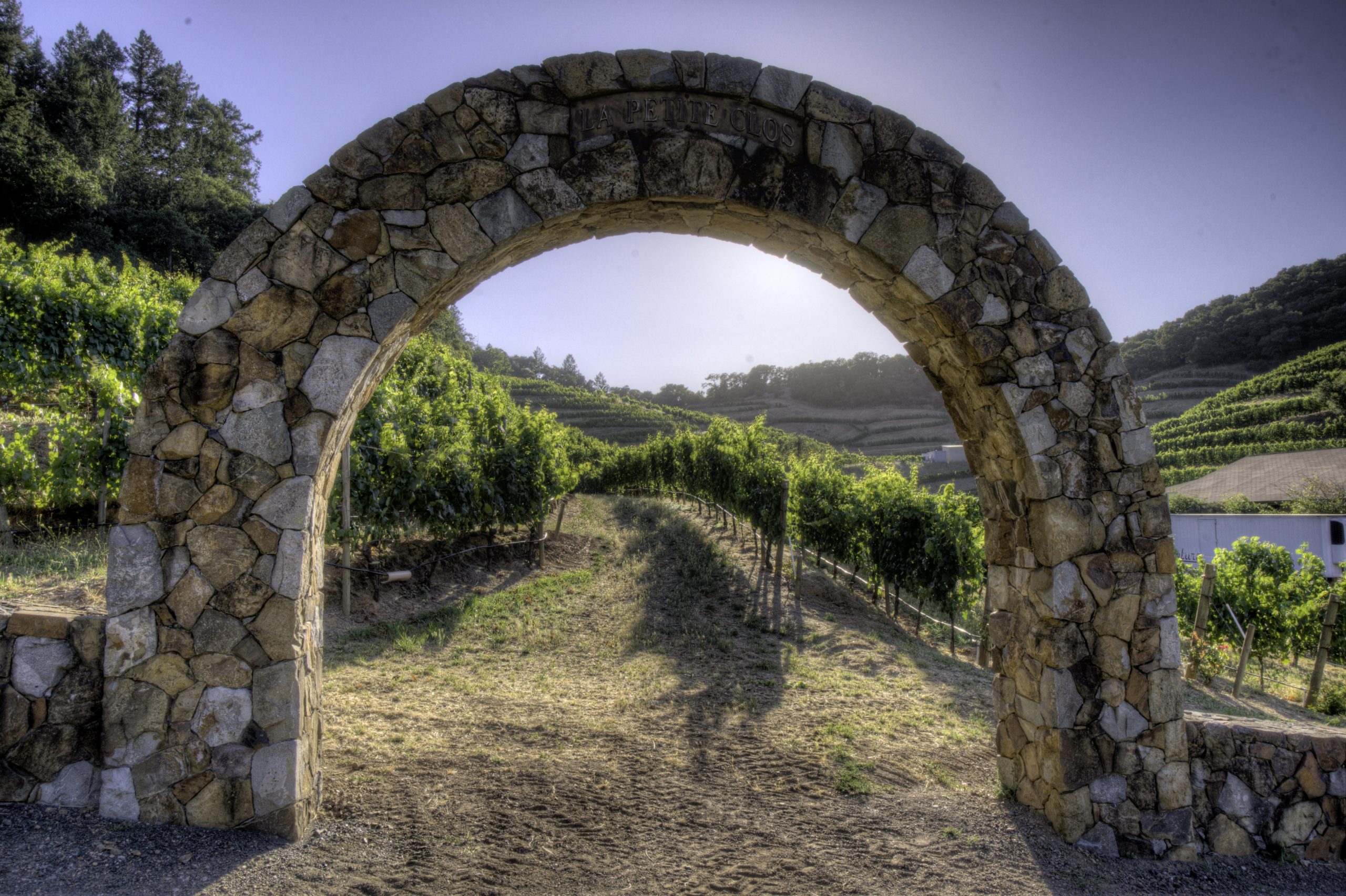
At Pine Ridge Vineyards, we are committed to and have always embraced sustainable practices. We take every step we can to preserve the ecosystem of our region, and our Napa Green certification demonstrates our commitment as responsible stewards of the land. Our multidisciplinary in-house Green Team meets regularly to monitor and improve our practices and to implement the latest sustainable practices, ensuring long-term viability of our business and quality of life in our community. This philosophy allows us to deliver wines that express their natural origin and will be complex and elegant for years to come.
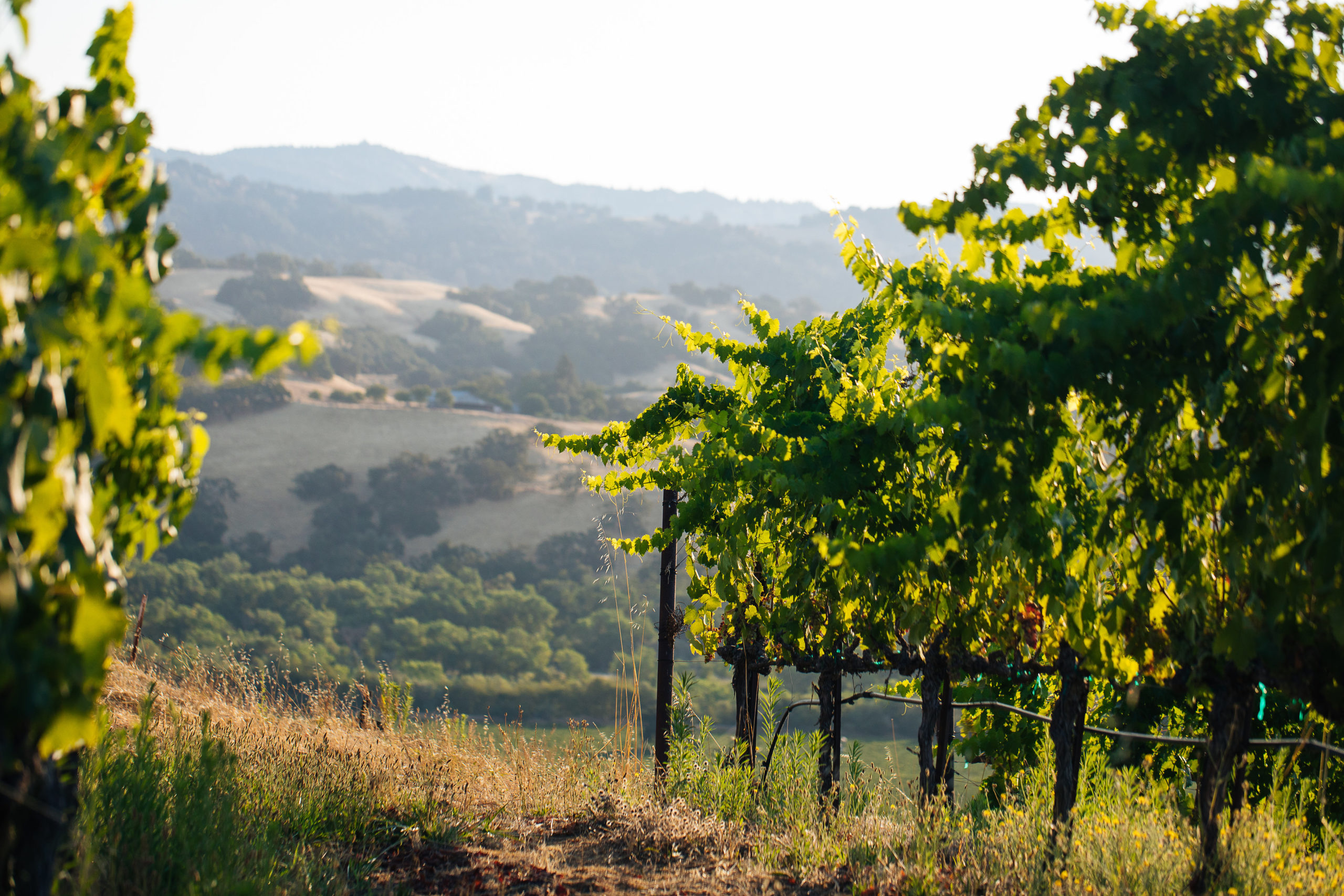
Sustainability is not static – it is living work. Its core definition states that in accomplishing our goals, we do not compromise the natural resources future generations will require to meet their own goals. While Seghesio first formally adopted sustainable farming in 2003, we have always held a deep respect for the land that is inspired by our gratitude for our home and our community in Sonoma County. Sustainability is a primary objective in every aspect of our operation– our farming practices, how responsibly we use the earth’s resources and how we treat our fellow employees. In our continuing efforts toward a higher platform of sustainability, we work to minimize our impact on the land and ecosystems upon which our survival depends.
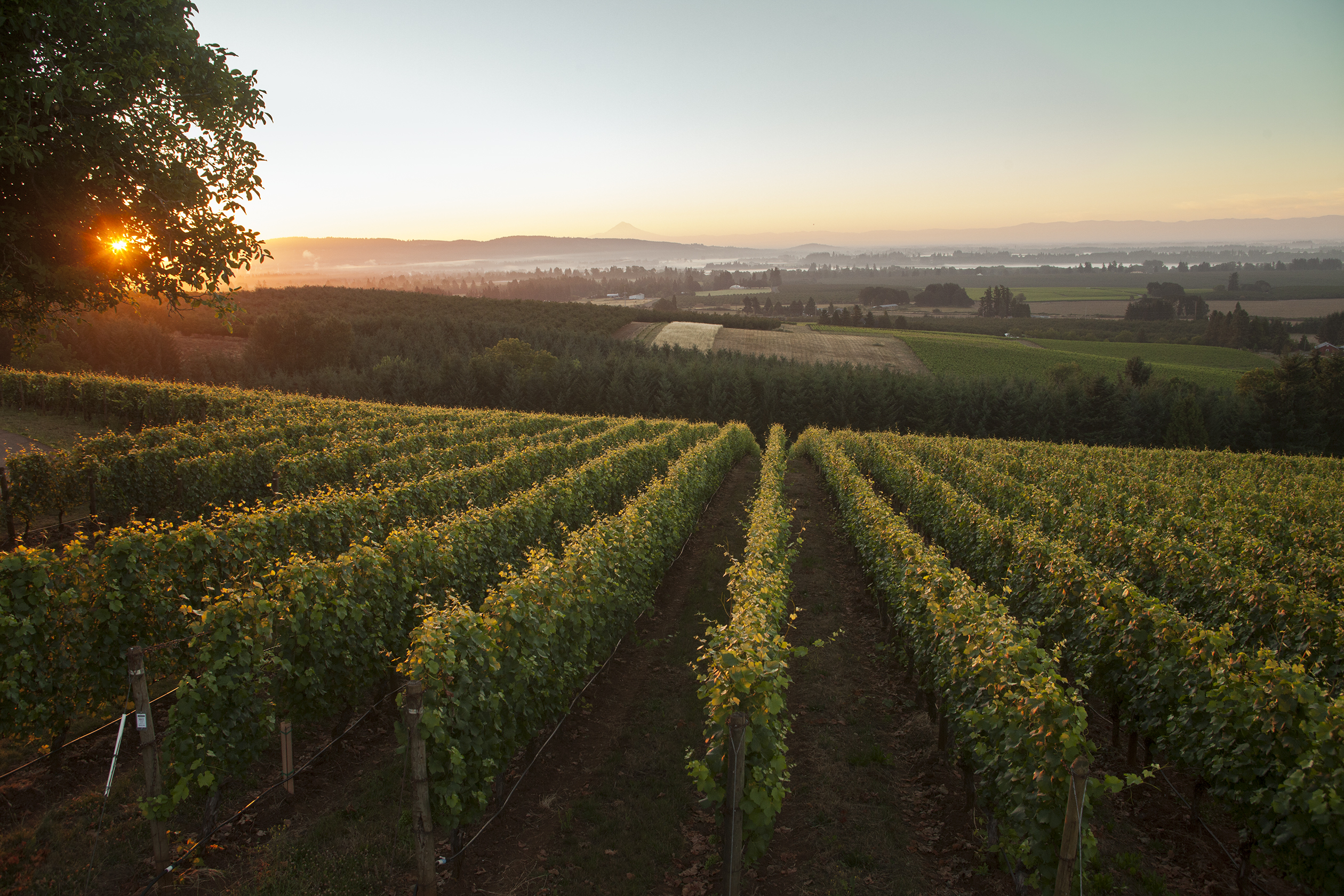
As responsible stewards of the land, we engage in minimal-impact agriculture. Sustainability is a dynamic and vital part of growing wine, a practice that ensures both the industry’s future and the overall health of the trade. We practice sustainability wherever possible, from responsible farming in the vineyard to energy-sensitive approaches in the cellar.
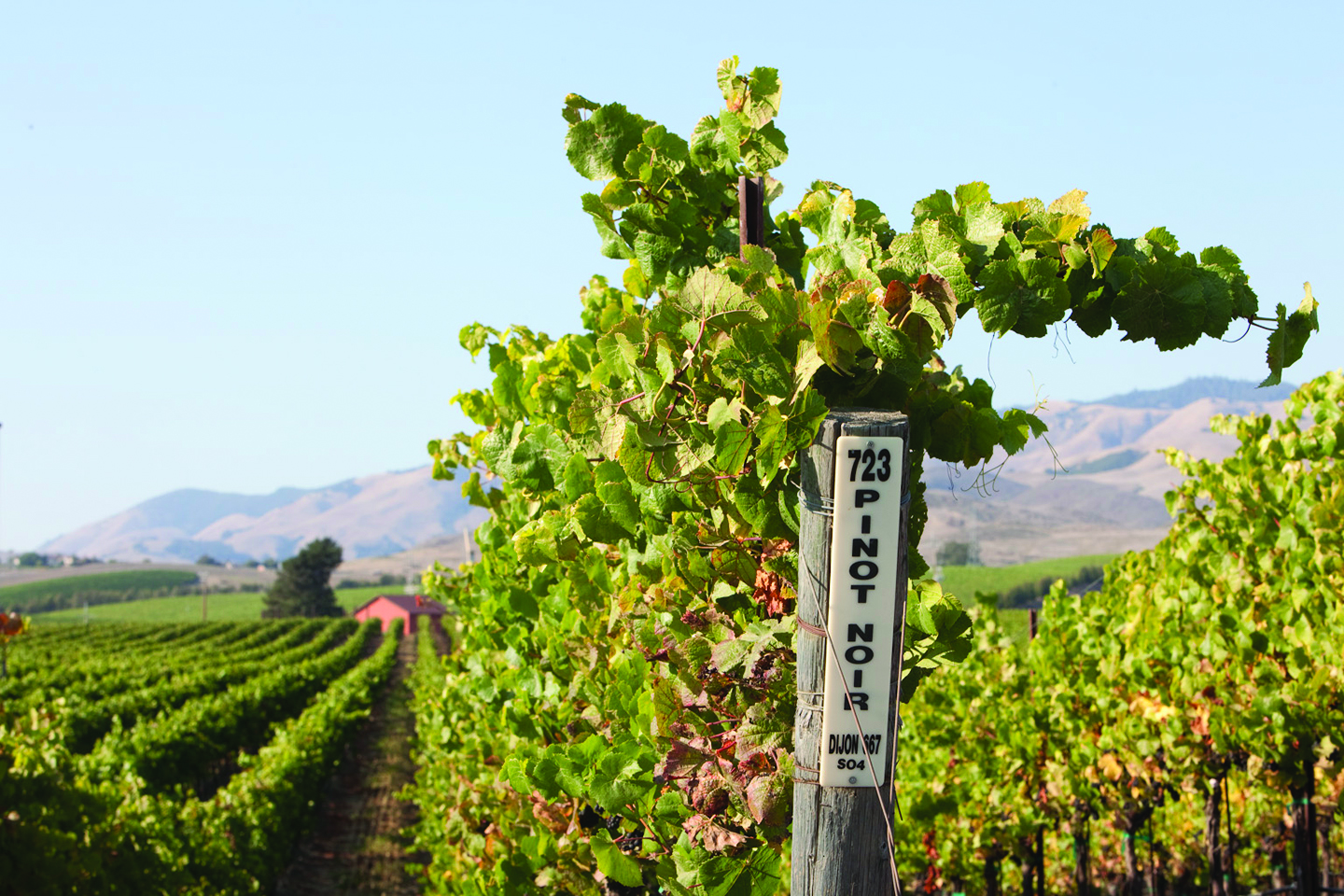
As farmers and stewards of the land, we’re constantly striving to find its highest and best use. Our unique soil types and proximity to the ocean have convinced us that it’s Chardonnay. At Chamisal, we’re committed to growing truly world-class Chardonnay and showcasing each vineyard’s unique characteristics. Chamisal Vineyards has been SIP (Sustainability in Practice) certified in the vineyards since 2010 and we were the the second-ever winery to be SIP-certified in 2016, though the winery has always gone above and beyond the requirements to maintain the health of our vineyards and improve biodiversity in the area.
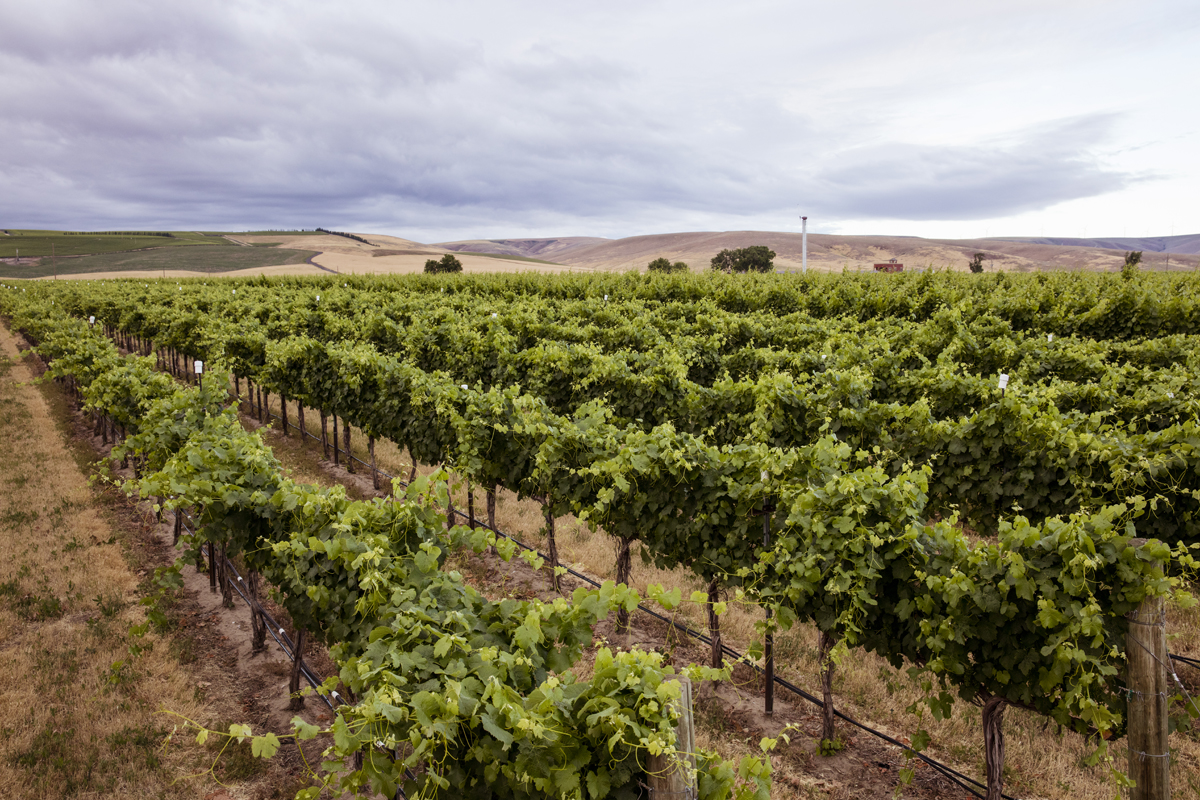
We focus on preserving our estate vineyard and are LIVE Certified and certified Salmon-Safe. We are committed to protecting water quality and promoting aquatic biodiversity in important Northwest salmon watersheds. In addition, we plant fallow lands with native grasses, which increases biodiversity and protects local flora and fauna.
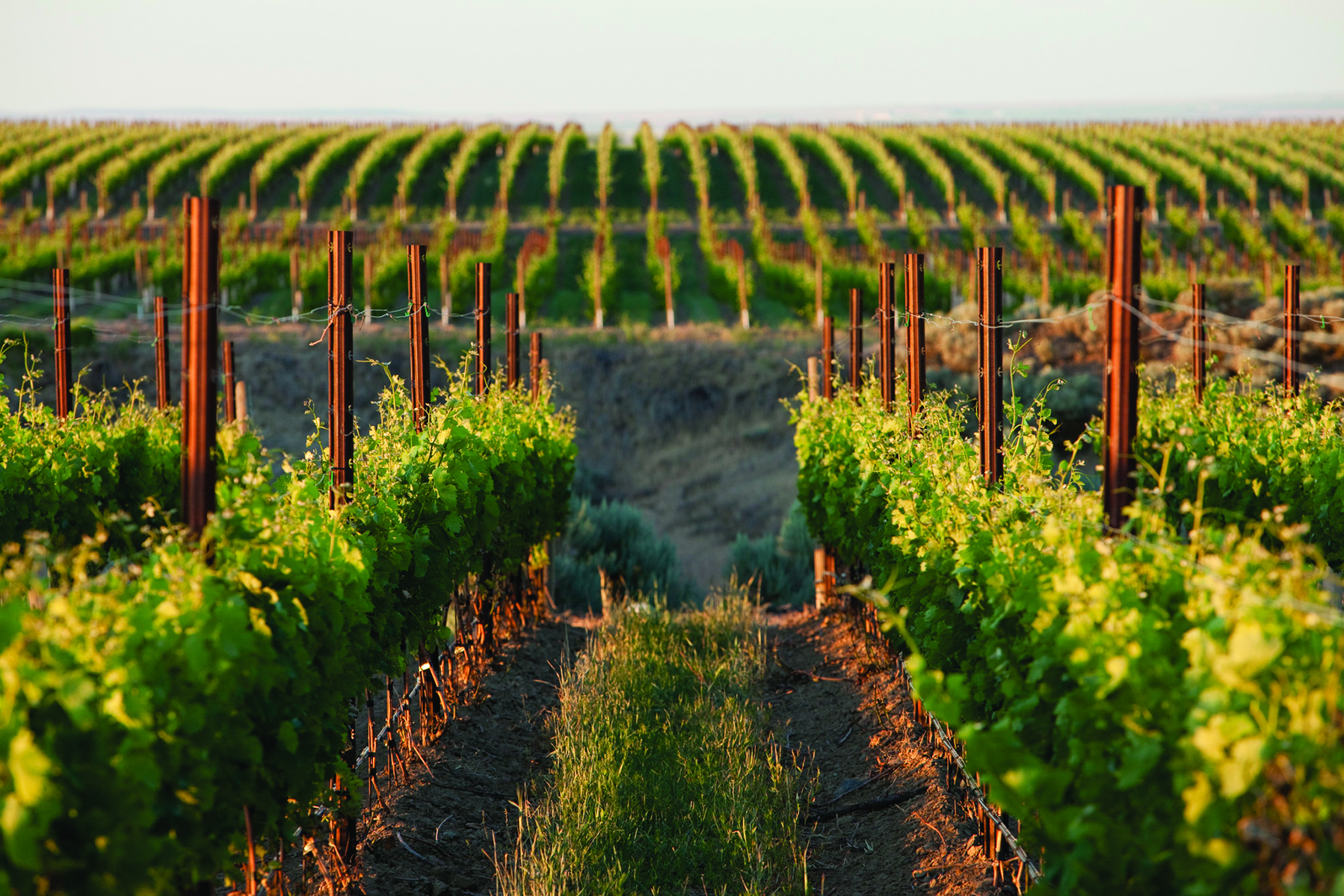
At Malene, we have a light touch in the vineyard. We don’t use any herbicides, and limit dust and air pollution by minimizing tillage. We also utilize compost teas and cover crops to improve soil health and biodiversity. We use only organic fertilizers and have replanted vineyards to drought-tolerant rootstocks in order to reduce the need for irrigation.
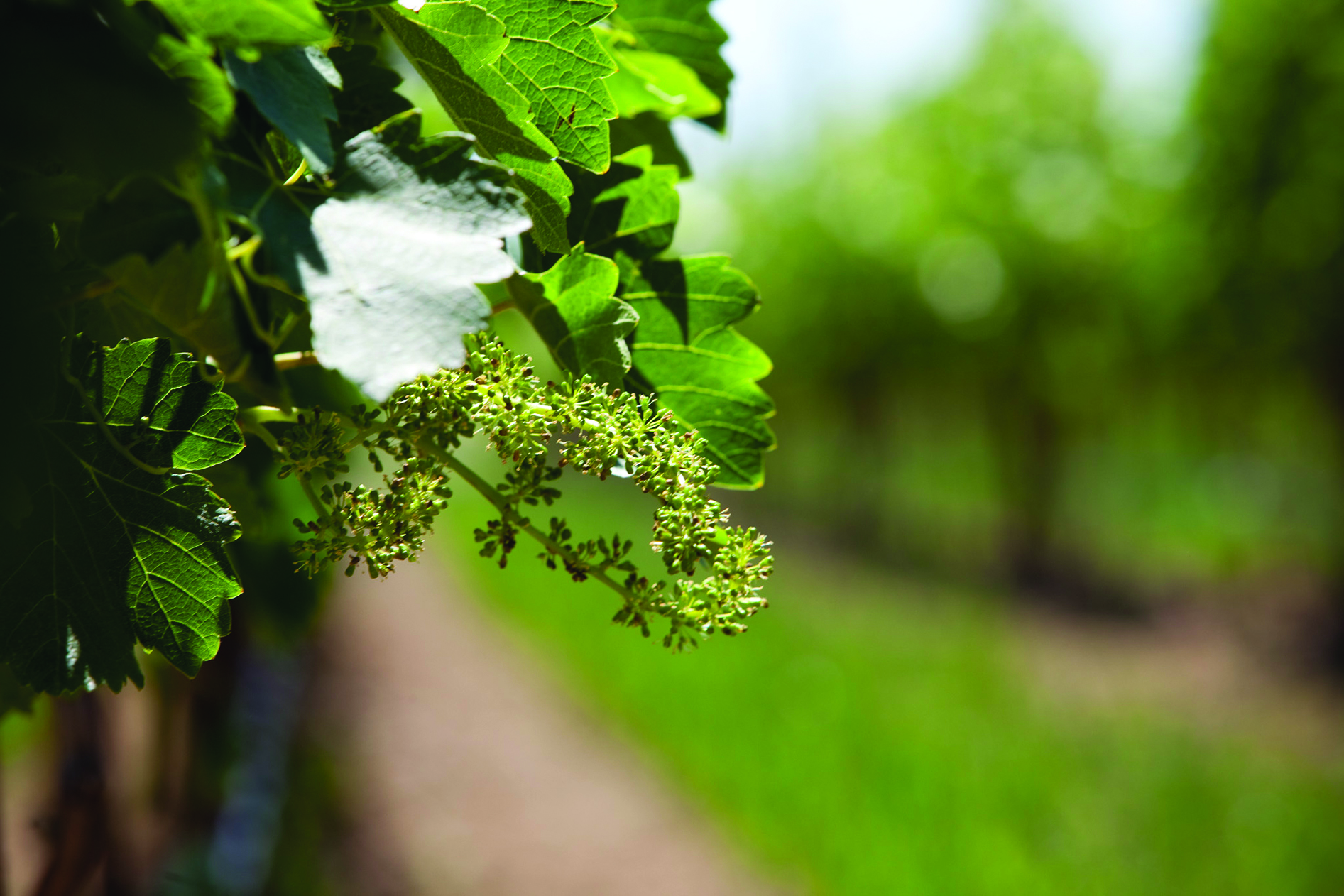
We are one of only seven Washington LIVE Certified wineries. We preserve resources through a combination of electrical and water conversancy.

At Pine Ridge Vineyards, we are committed to and have always embraced sustainable practices. We take every step we can to preserve the ecosystem of our region, and our Napa Green certification demonstrates our commitment as responsible stewards of the land. Our multidisciplinary in-house Green Team meets regularly to monitor and improve our practices and to implement the latest sustainable practices, ensuring long-term viability of our business and quality of life in our community. This philosophy allows us to deliver wines that express their natural origin and will be complex and elegant for years to come.

Sustainability is not static – it is living work. Its core definition states that in accomplishing our goals, we do not compromise the natural resources future generations will require to meet their own goals. While Seghesio first formally adopted sustainable farming in 2003, we have always held a deep respect for the land that is inspired by our gratitude for our home and our community in Sonoma County. Sustainability is a primary objective in every aspect of our operation– our farming practices, how responsibly we use the earth’s resources and how we treat our fellow employees. In our continuing efforts toward a higher platform of sustainability, we work to minimize our impact on the land and ecosystems upon which our survival depends.

As responsible stewards of the land, we engage in minimal-impact agriculture. Sustainability is a dynamic and vital part of growing wine, a practice that ensures both the industry’s future and the overall health of the trade. We practice sustainability wherever possible, from responsible farming in the vineyard to energy-sensitive approaches in the cellar.

As farmers and stewards of the land, we’re constantly striving to find its highest and best use. Our unique soil types and proximity to the ocean have convinced us that it’s Chardonnay. At Chamisal, we’re committed to growing truly world-class Chardonnay and showcasing each vineyard’s unique characteristics. Chamisal Vineyards has been SIP (Sustainability in Practice) certified in the vineyards since 2010 and we were the the second-ever winery to be SIP-certified in 2016, though the winery has always gone above and beyond the requirements to maintain the health of our vineyards and improve biodiversity in the area.

We focus on preserving our estate vineyard and are LIVE Certified and certified Salmon-Safe. We are committed to protecting water quality and promoting aquatic biodiversity in important Northwest salmon watersheds. In addition, we plant fallow lands with native grasses, which increases biodiversity and protects local flora and fauna.

At Malene, we have a light touch in the vineyard. We don’t use any herbicides, and limit dust and air pollution by minimizing tillage. We also utilize compost teas and cover crops to improve soil health and biodiversity. We use only organic fertilizers and have replanted vineyards to drought-tolerant rootstocks in order to reduce the need for irrigation.

We are one of only seven Washington LIVE Certified wineries. We preserve resources through a combination of electrical and water conversancy.